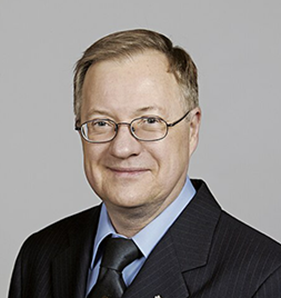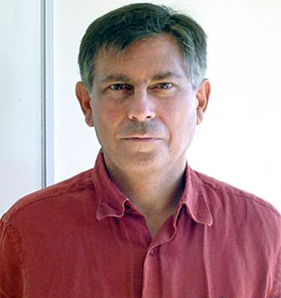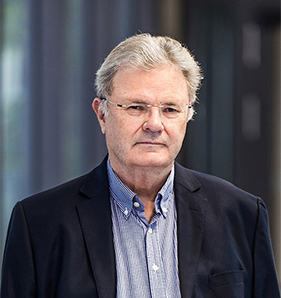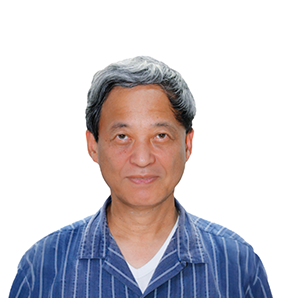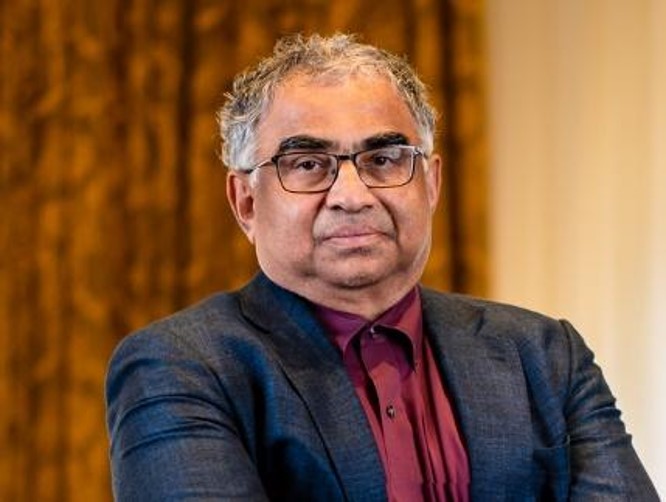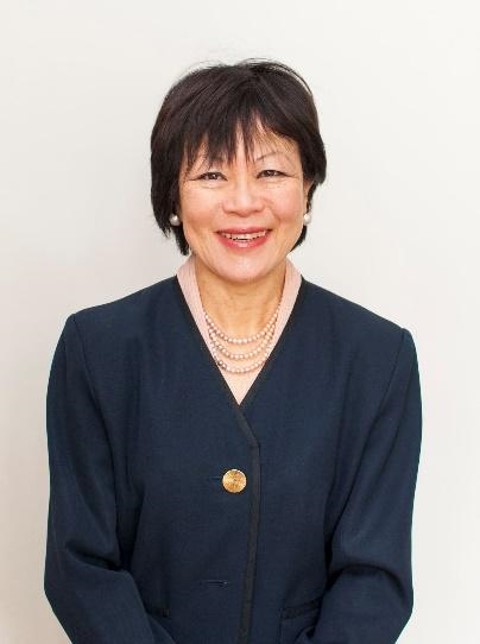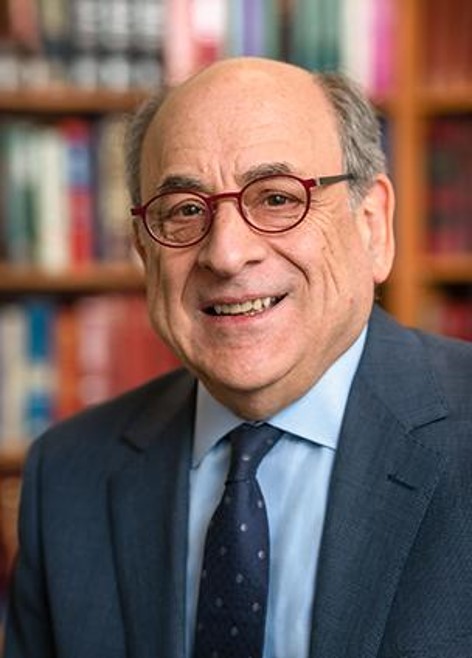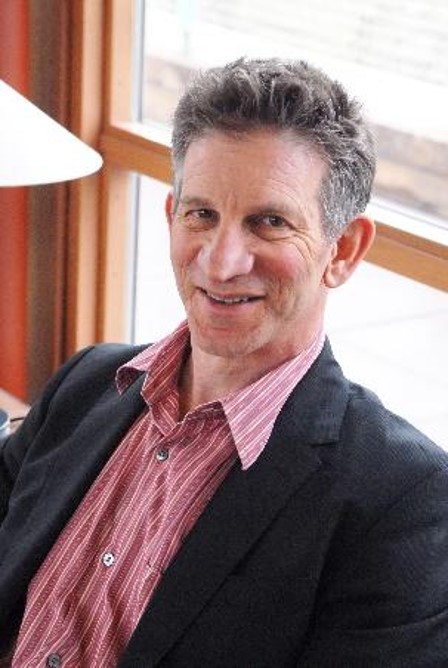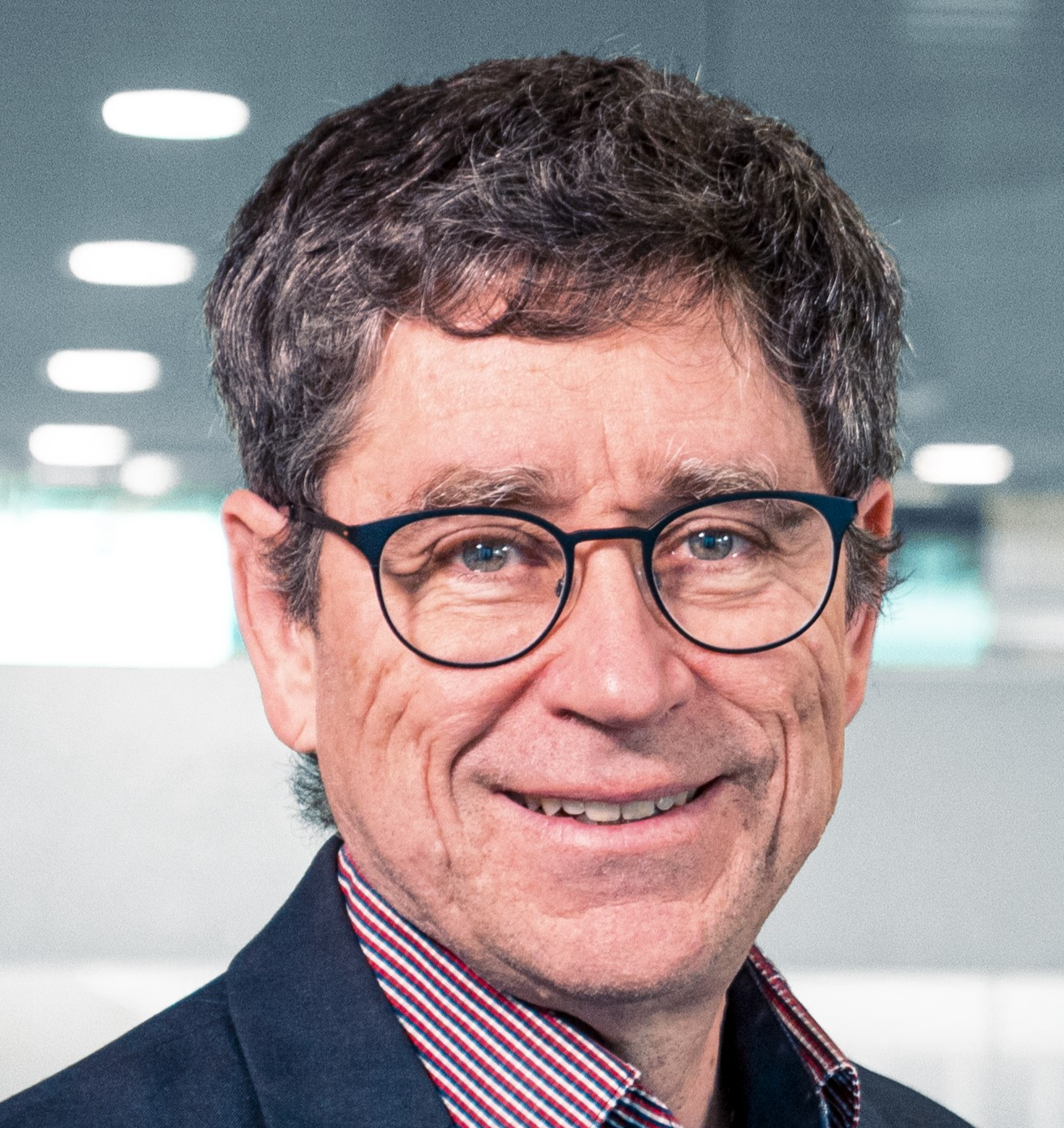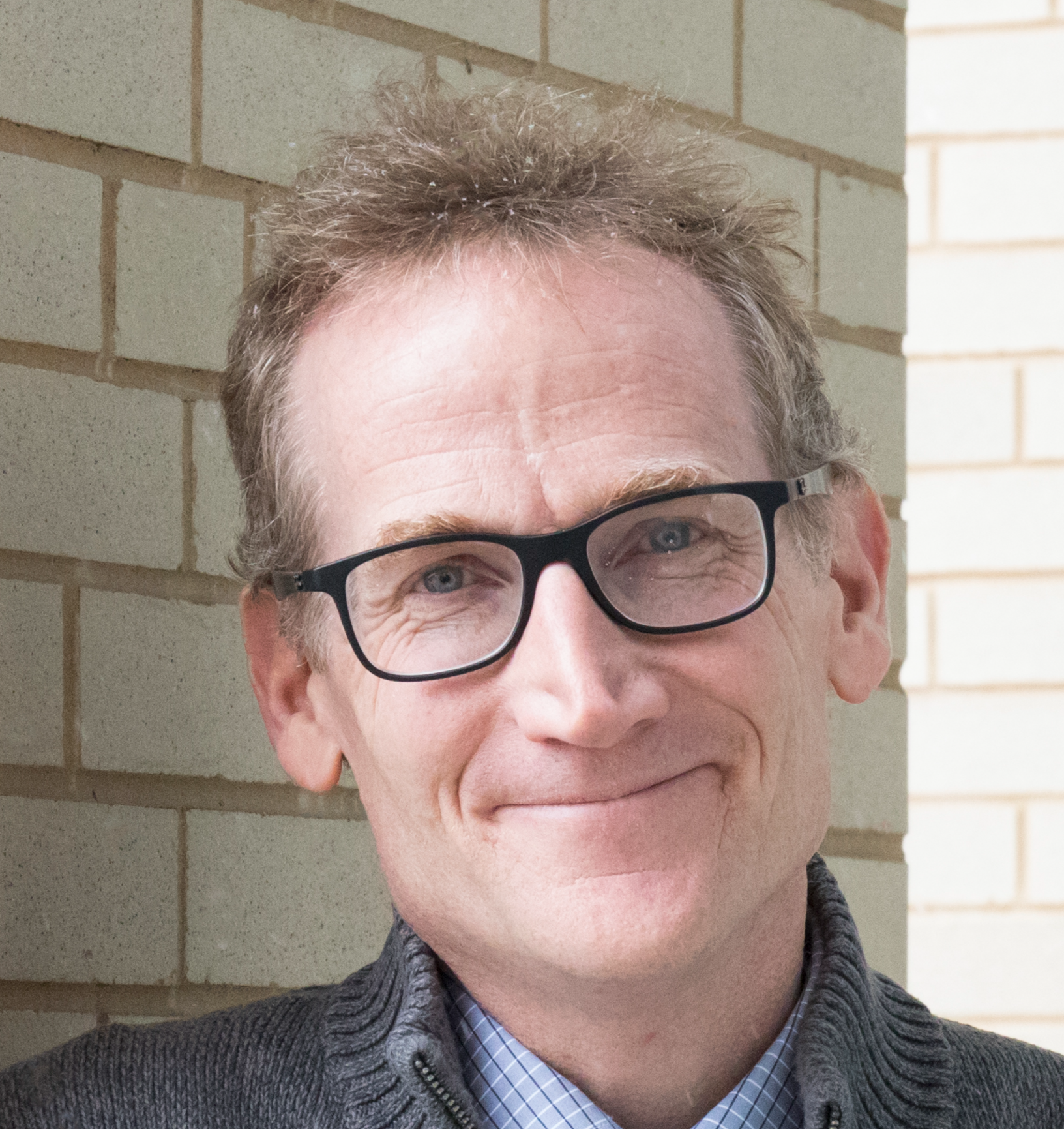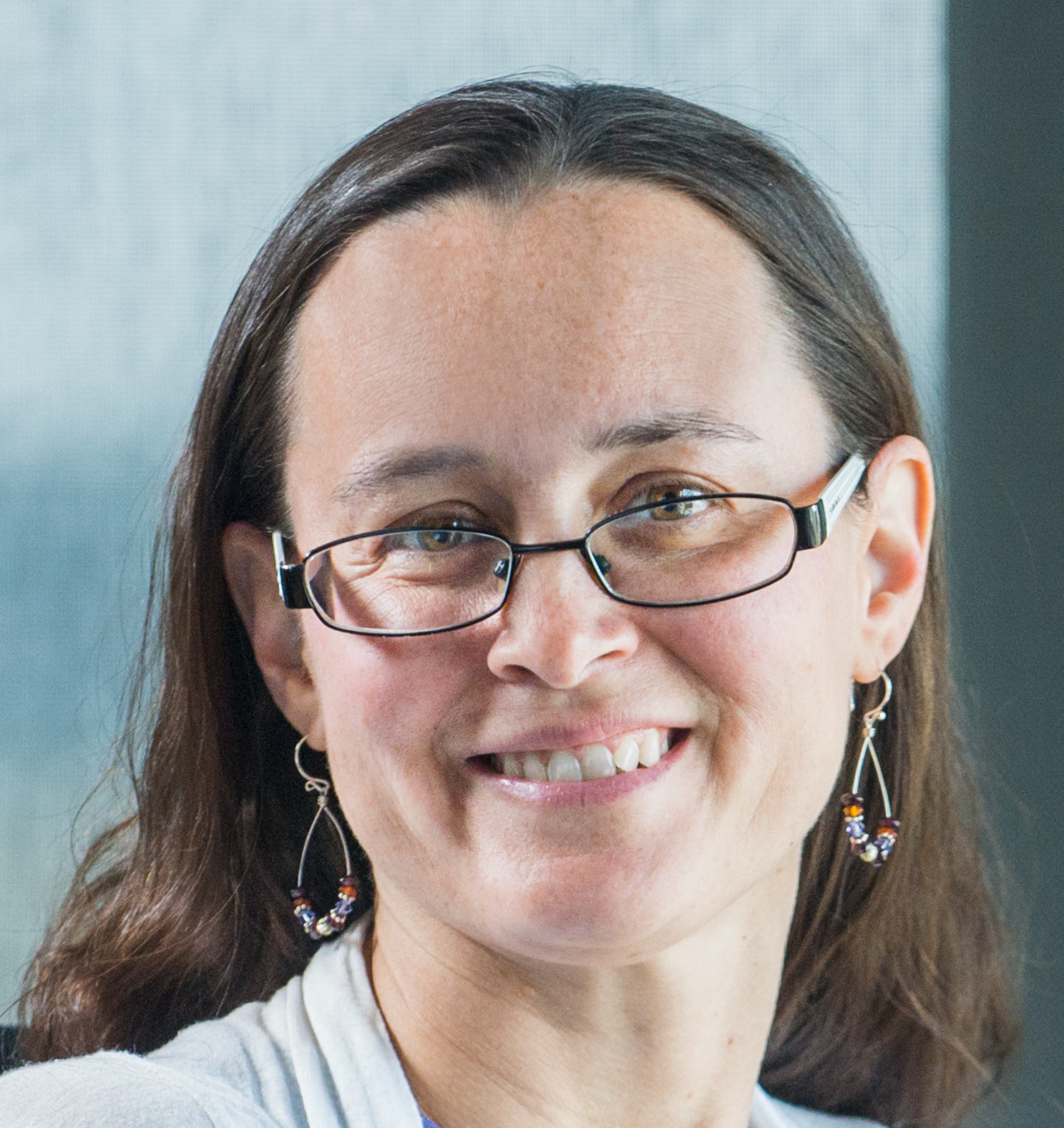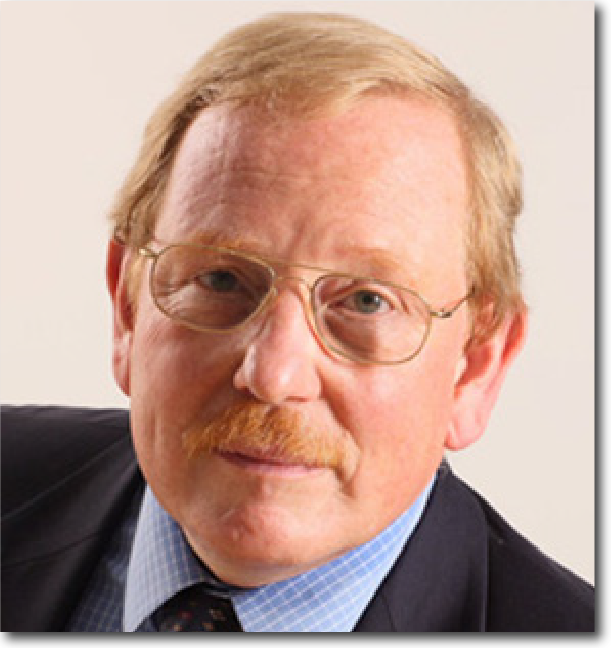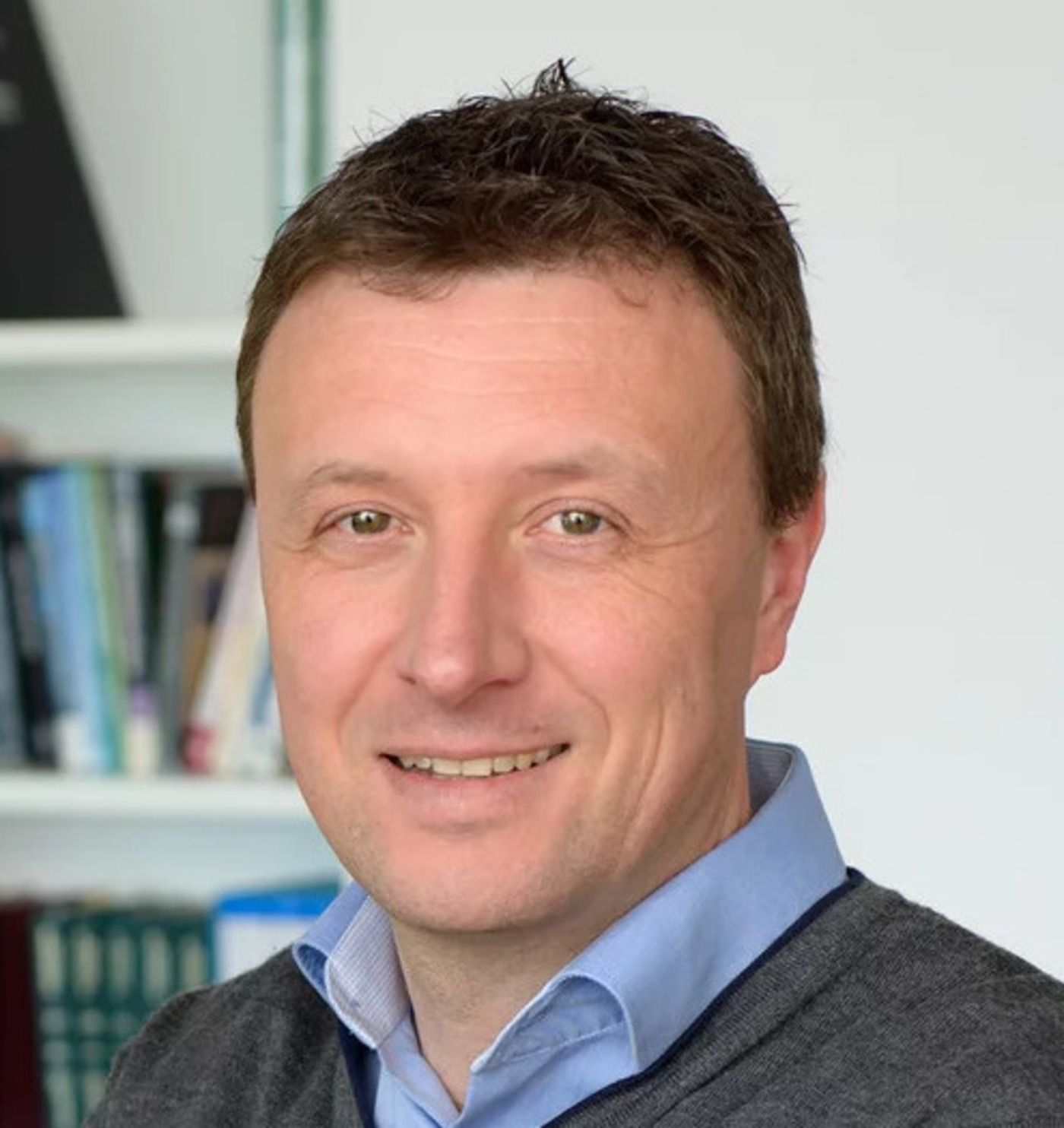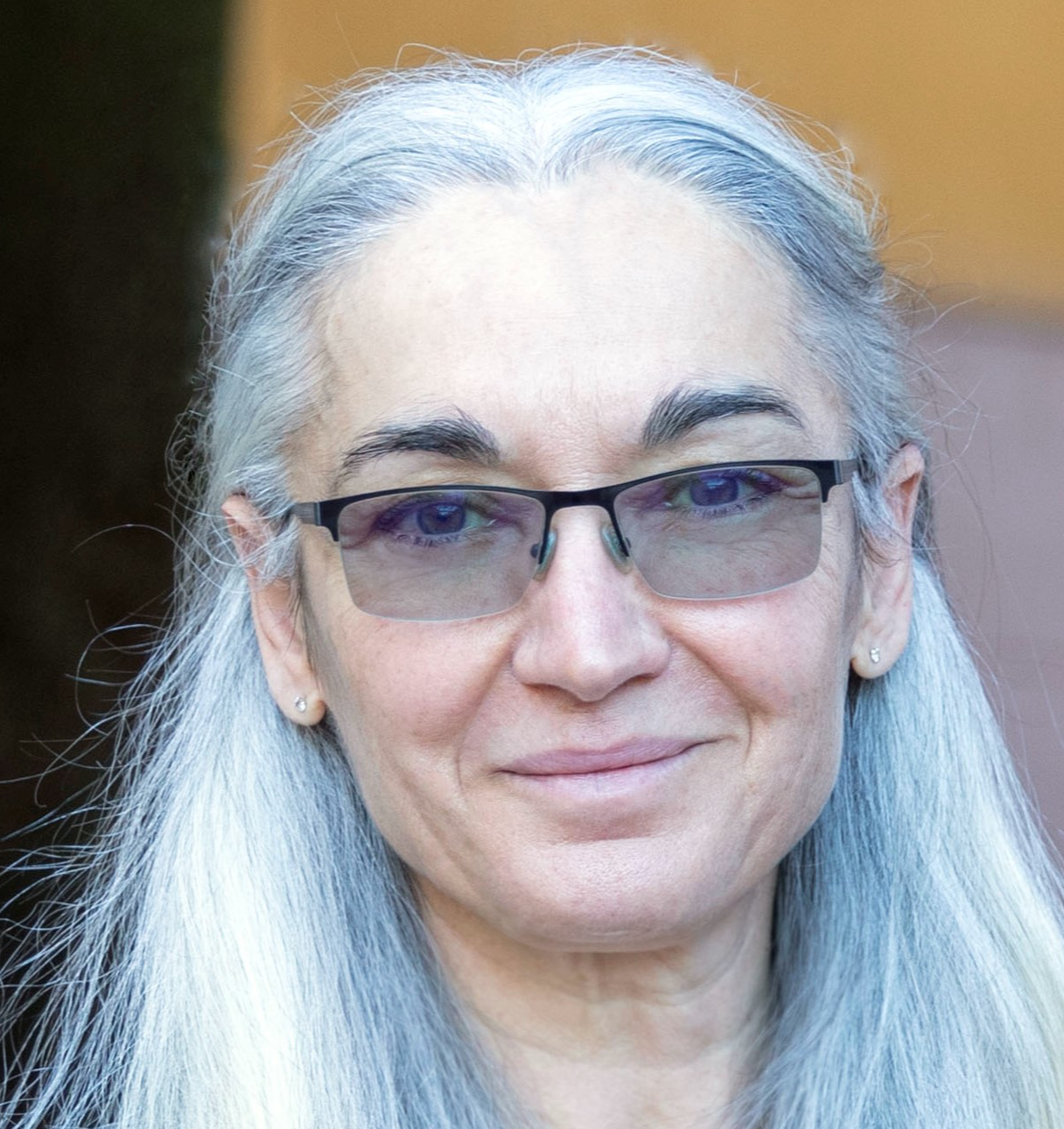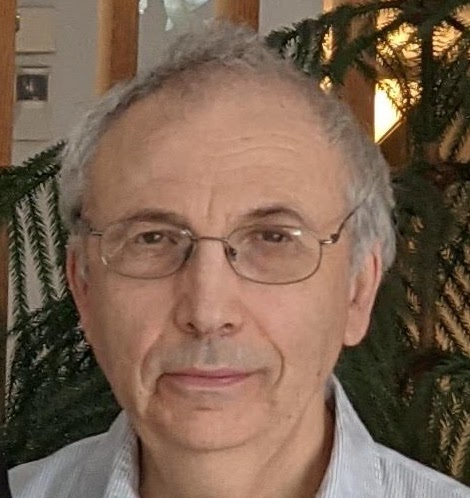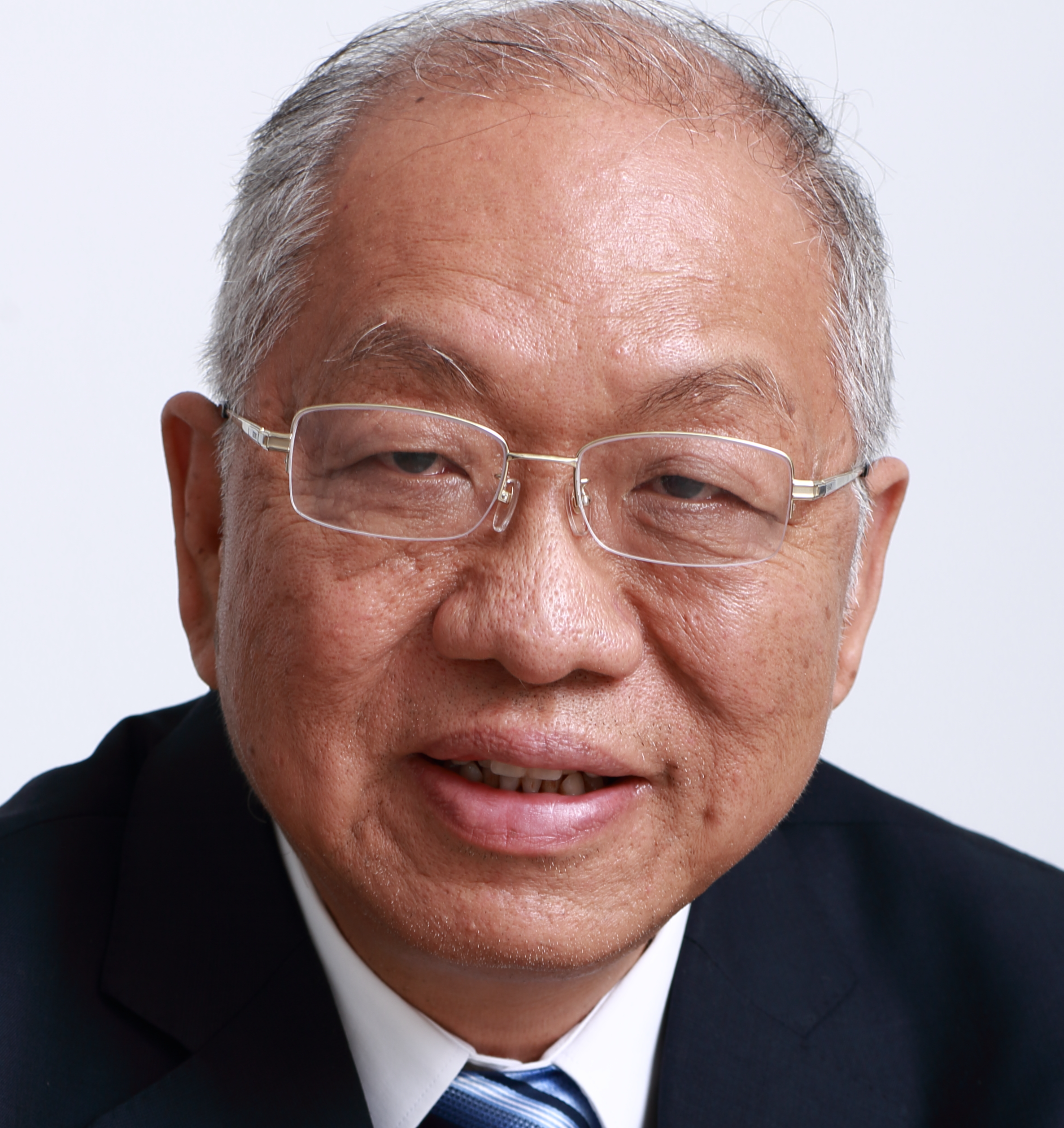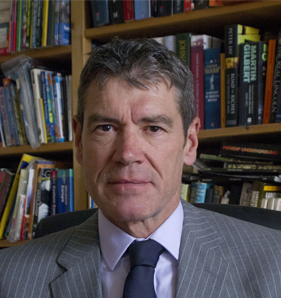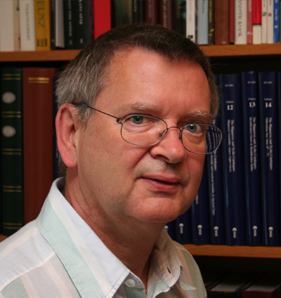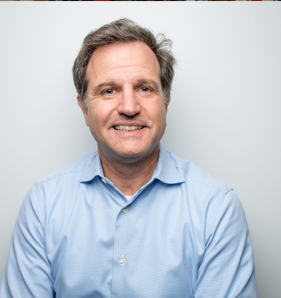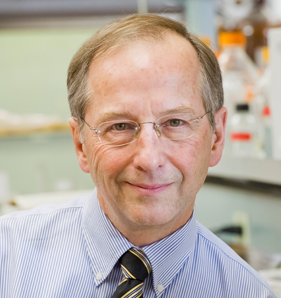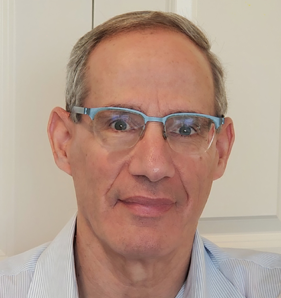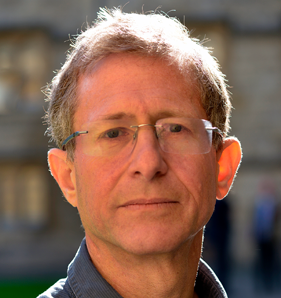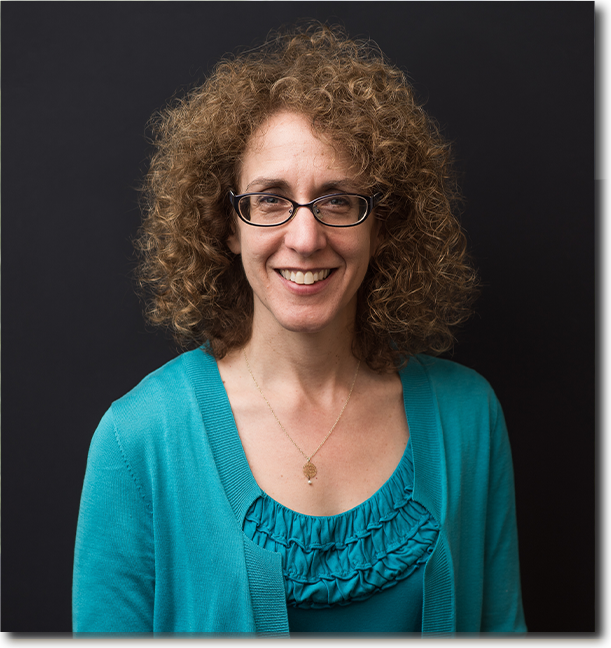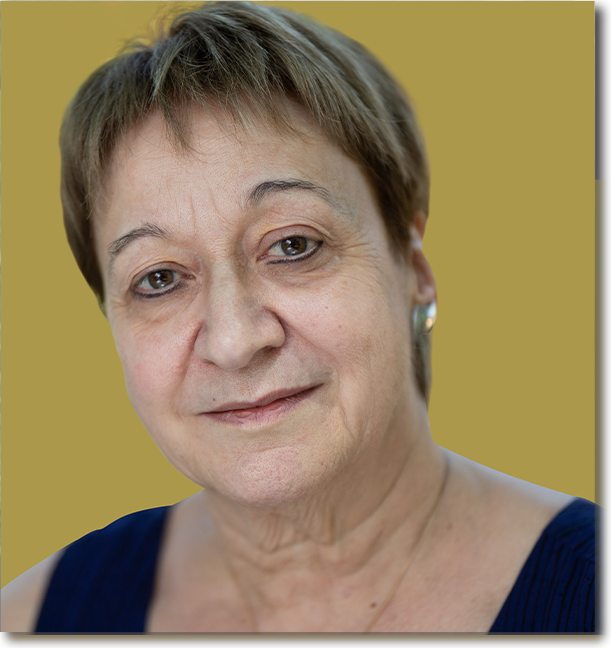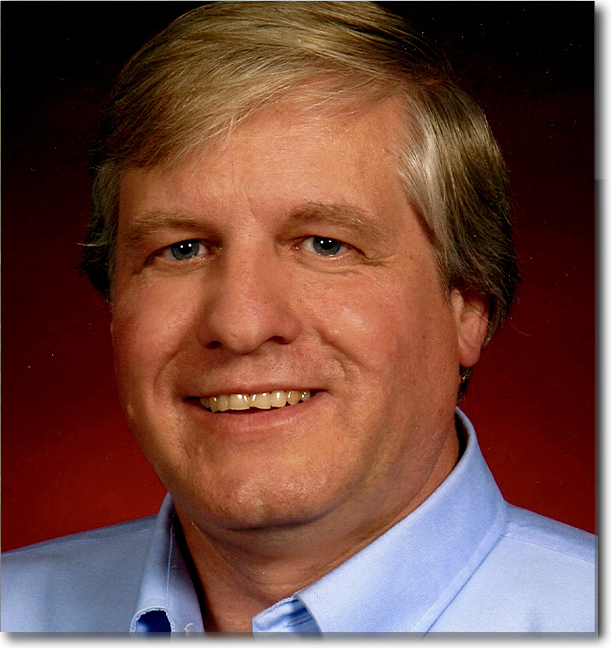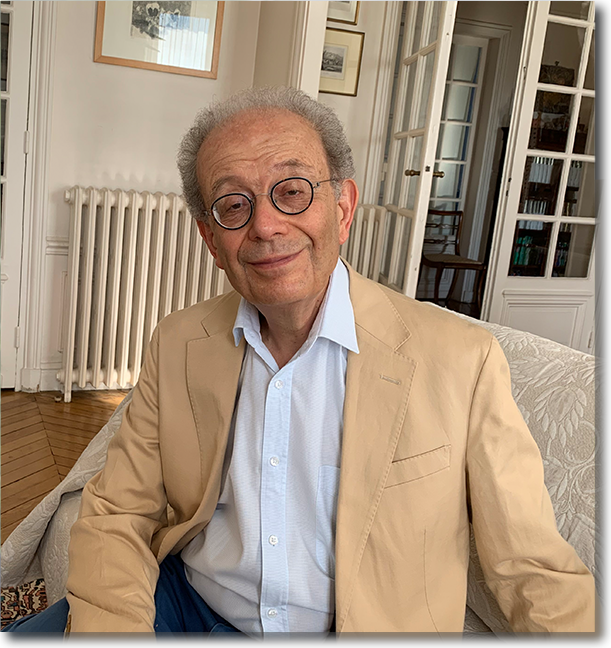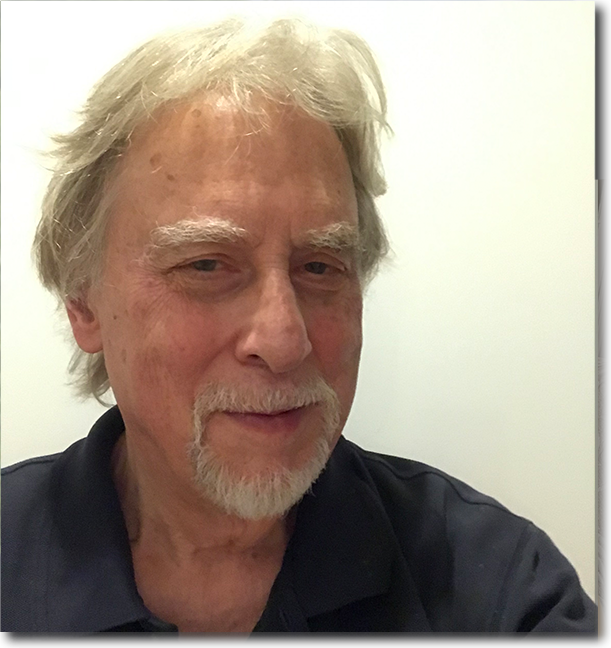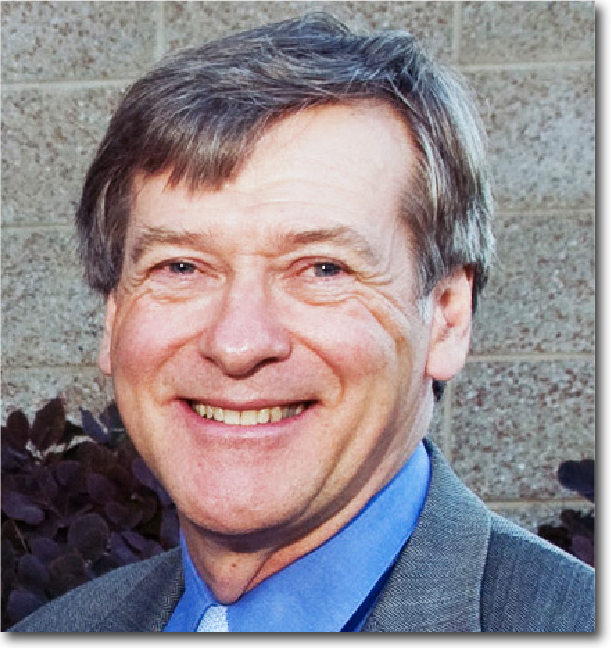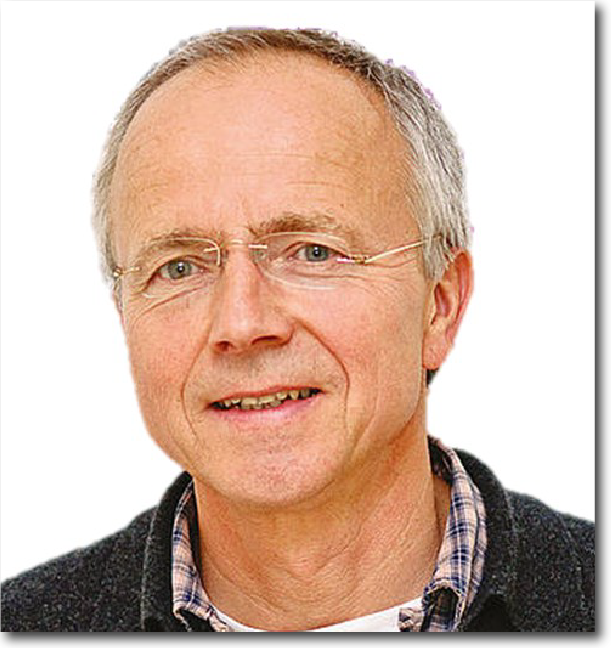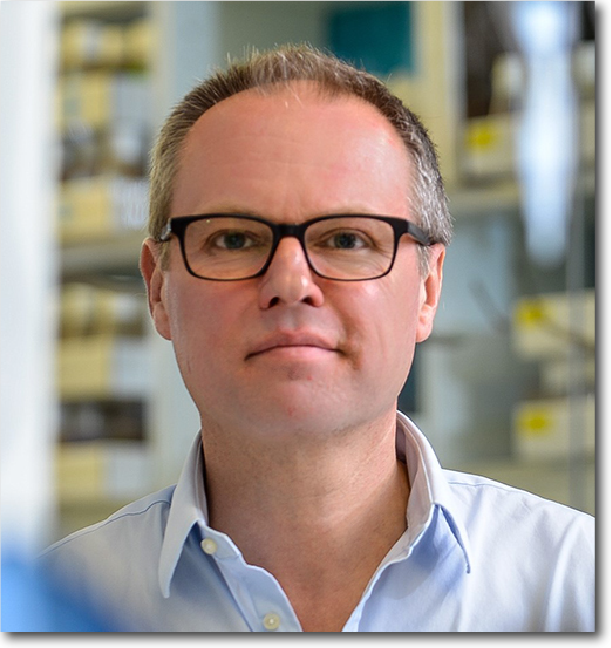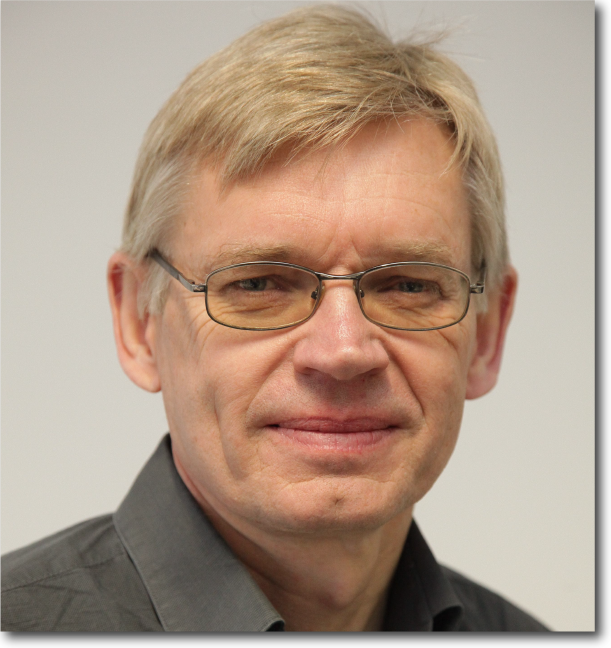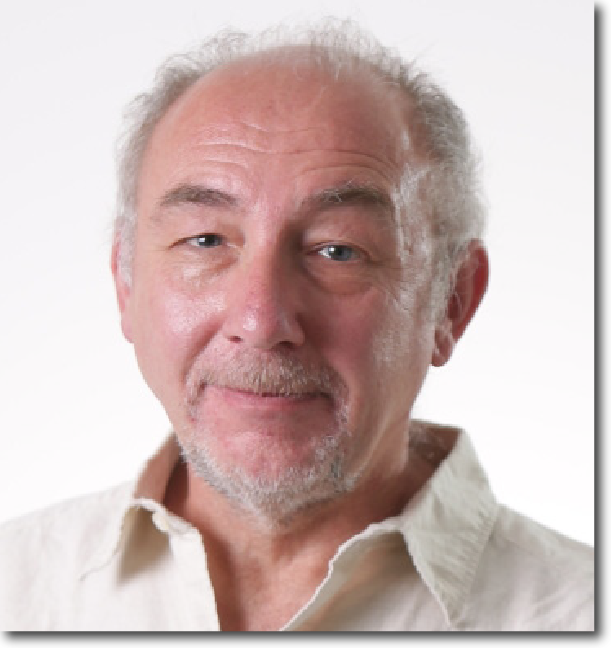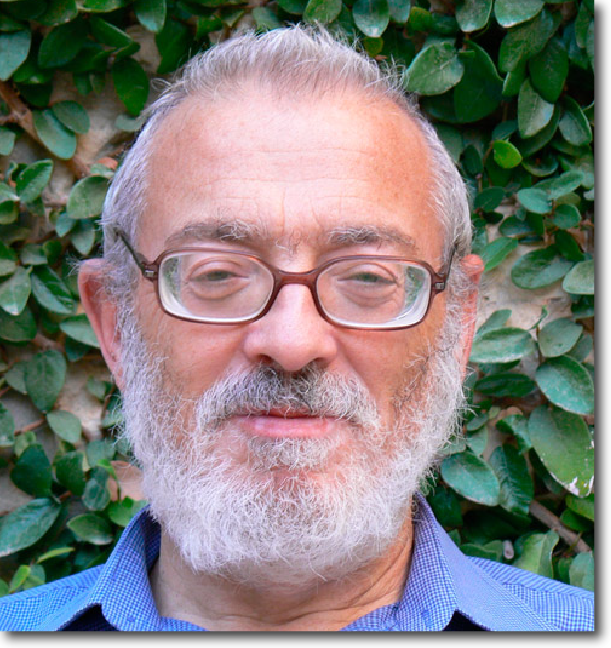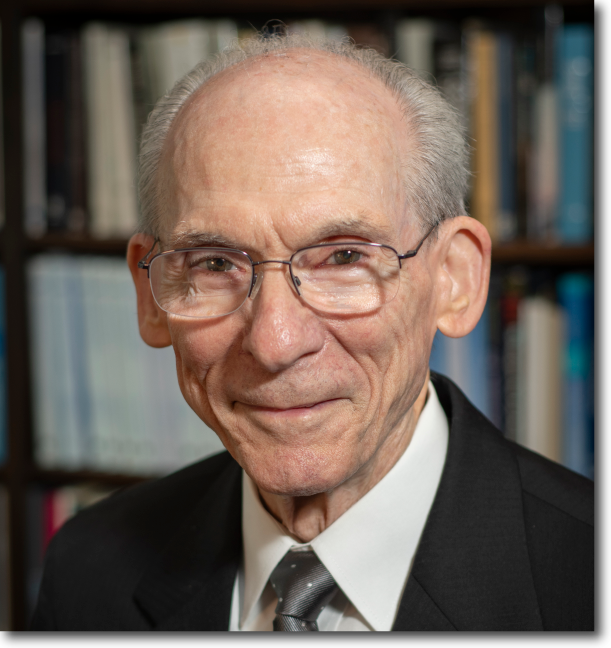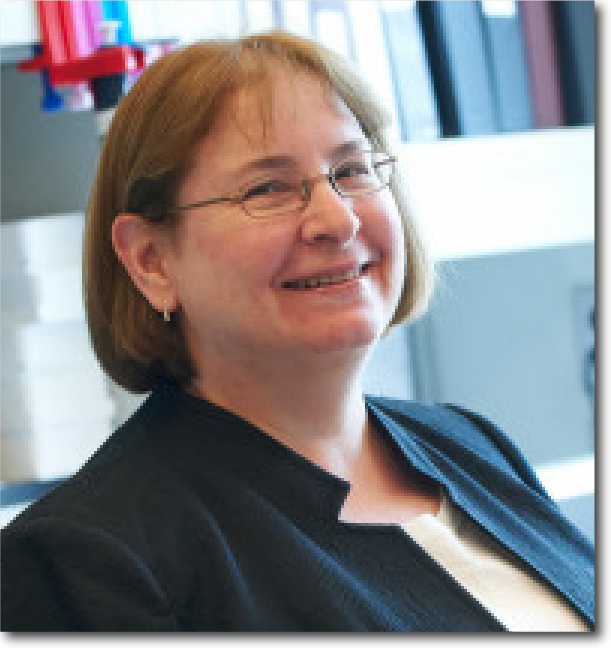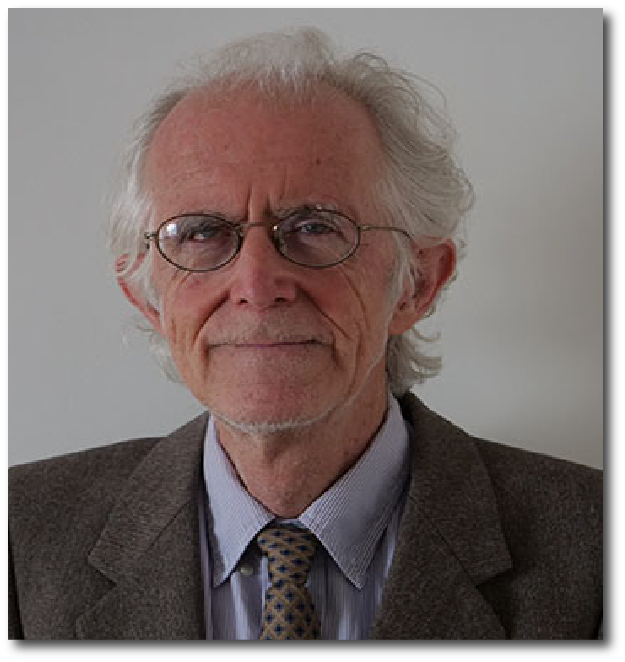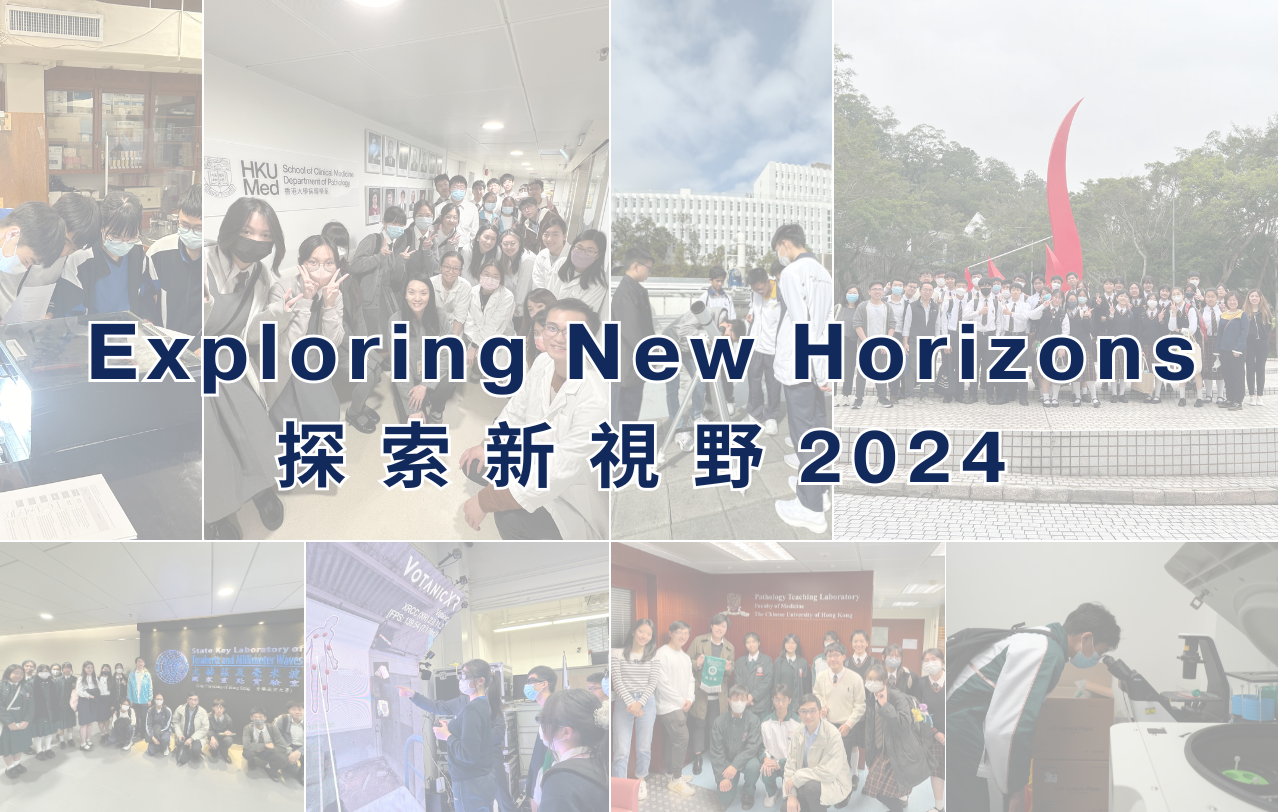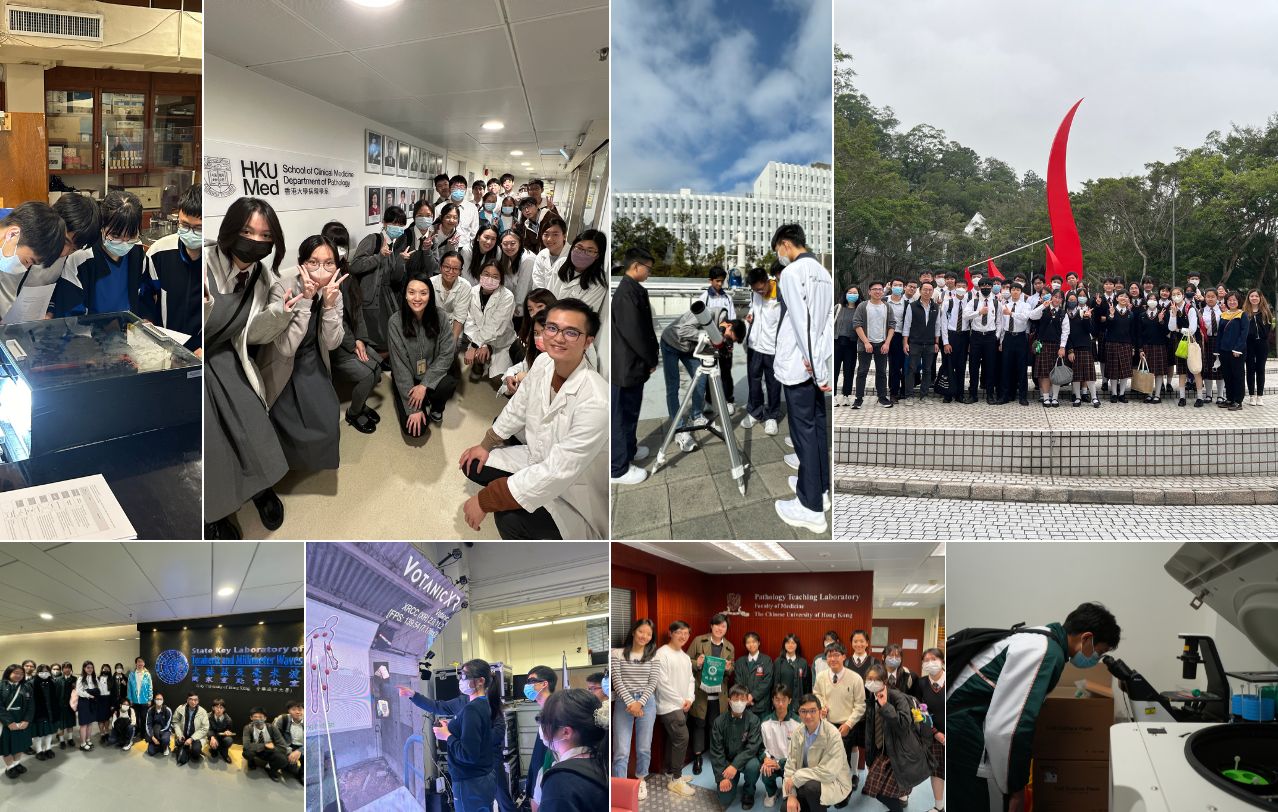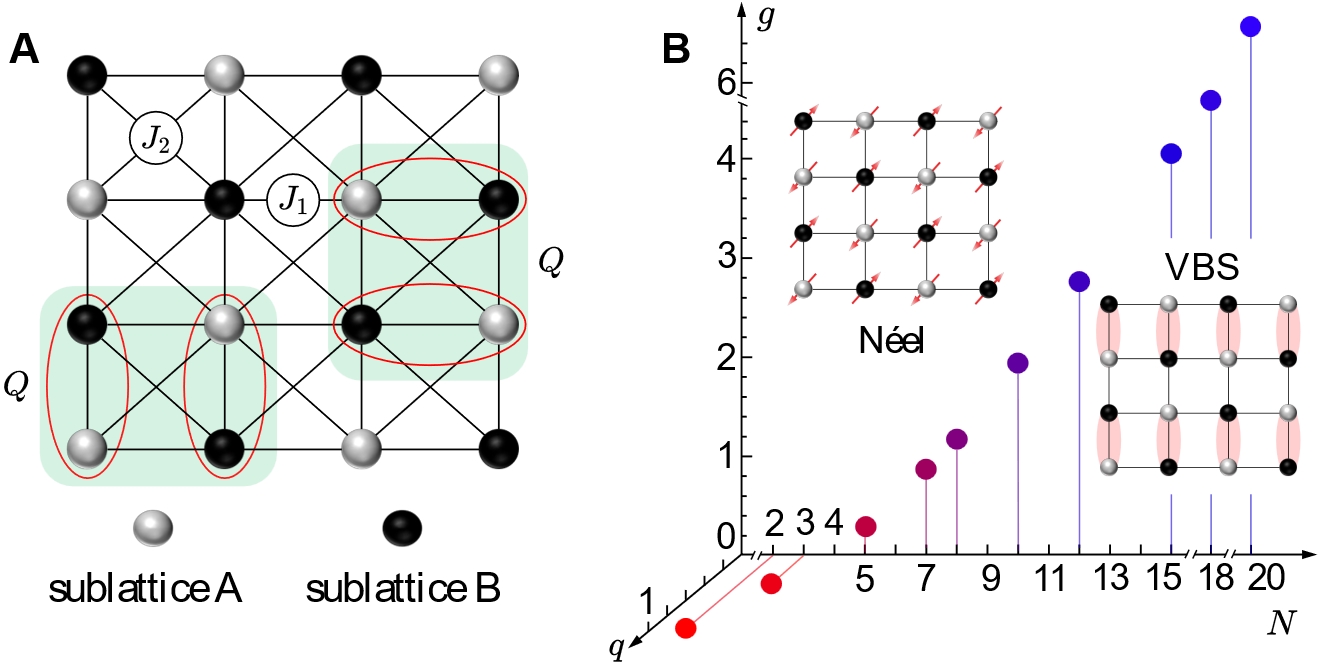
About the Hong Kong Laureate Forum
Welcome to the March issue of the newsletter of the Hong Kong Laureate Forum. Whilst we are developing the week-long programme of the inaugural Forum, we are delighted to unveil some forum contents that may whet your appetite.
As the Forum aims to provide ample opportunities for idea exchanges between Shaw Laureates, globally renowned scientists and young scientists, apart from plenary lectures, panel discussions and parallel group sessions conducted by Shaw Laureates and distinguished scientists, there will be a number of dialogue events and opportunities in a close and direct manner, as well as young scientist presentation sessions for them to present their latest research ideas and spark everyone’s interest.
Three Scientific Review Committees on Mathematical Sciences, Life Science and Medicine, and Astronomy, to be chaired by our Council Chairman Prof Timothy TONG, Council members Prof the Hon TSUI Lap-chee and Prof Kenneth YOUNG respectively, will be formed to review young scientists’ applications.
Open application is scheduled to start in September 2020. We welcome undergraduates, postgraduates and PhD graduates who are aged 35 or below and studying or conducting research in Mathematical Sciences, Life Science and Medicine, and Astronomy or other closely related subjects to apply.
New look of our website has just been launched. A section on Science in the Community has been created to promote understanding and interests of the young generation in Hong Kong in various disciplines in science and technology.
To learn more about our programme, selection process and other information of our Forum, please stay tuned to our new website and social media!
Health and the Community

Health is important and essential to every living organism. It is a state of complete physical, mental and social well-being and not merely the absence of disease or infirmity. Health is determined by biological, social and lifestyle factors. A healthful lifestyle provides the means to lead a full life, which is continuously affected by the community and its environment. Community health, a growing discipline of public health, is the intersection of health care, economics and social interaction. In addition to health promotion and disease prevention, preparedness for disasters and curbing the spread of infectious diseases in the community are also top priority of community health programmes. Rigorous applied research provides the foundation to achieve the shared goal of attainment of healthier communities and quality of life for members. Community health workers, local government, volunteers, private sector and residents work in collaboration to improve and maintain the well-being of the community. In particular, community health practitioners also serve as home visitors and the first points of contact for health care. Primary care, including family and community medicine as well as traditional Chinese medicine, is starting to take shape with the launching of the Kwai Tsing District Health Centre Project in 2019. Hong Kong has learned from the experience of the 2003 SARS and is doing a good job in the preparedness and responses in the current COVID-19 pandemic. More can be done in better organised media strategy and public hand-washing provision. Thus, appropriate community health care should always be in the mind of the government, the academia and all stakeholders of the community. Ideally, community health programmes and local community networks should be integral parts of public health policy.
Hong Kong College of Community Health Practitioners
Author: Dr FONG, Yuk-fai Ben
MBBS(SYD), MPH(SYD), DOM(CUHK), DFM(CUHK), FHKCCM, FHKAM(Community Medicine)
Dr Ben FONG is a Family Doctor and a Specialist in Community Medicine, currently a Senior Lecturer and the Associate Division Head of the Division of Science, Engineering and Health Studies, the Discipline Team Leader of the Academic Discipline of Health and Life Sciences, the Award Leader of the BSc (Hons) in Applied Sciences (Health Studies) and the Diploma in Active Ageing, and the Scheme Leader of Applied Sciences. He is also the Director of the Centre for Ageing and Healthcare Management Research.
Dr FONG received his medical training at the Royal Prince Alfred Hospital of The University of Sydney, Australia, where he was also awarded the Master of Public Health degree in 1989. He has also achieved post-graduate qualifications in Medical Administration, Community Medicine, Family Medicine and Occupational Medicine. He is currently the President of Hong Kong College of Community Health Practitioners.
Interview with 2018 Shaw Laureate – Prof Jean-Loup Puget
The Shaw Prize in Astronomy 2018 was awarded to Prof Jean-Loup Puget for his contributions to astronomy in the infrared to submillimetre spectral range. He detected the cosmic far-infrared background from past star-forming galaxies, and proposed aromatic hydrocarbon molecules as a constituent of interstellar matter. With the Planck space mission, he has dramatically advanced our knowledge of cosmology in the presence of interstellar matter foregrounds.
An interview with Prof Puget was conducted by the Theoretical Astronomy Group of the
Hong Kong Astronomical Society (HKAS) in September 2018 and it was published at HKAS’s newsletter on 4th issue in 2018.
We are delighted to share the interview highlights provided by the HKAS.
Scripts prepared by Dr Leung Chun Sing, Mr Fung Po Kei and Mr Eddie Ng
A History of π
To most people, 14th March is nothing but an ordinary day in a year. Yet to mathematics enthusiasts, it is Pi day, 3.14 is also the approximate value of π, Pi.
π doesn’t sound alien to most of us. The formula for finding the circumference (2πr) and area of a circle (πr2) are taught in the compulsory Mathematics subject in secondary school. π probably is one of the most well-known Mathematical constants but how many people know its origin and meanings?
π is defined as the ratio of a circle's circumference to its diameter. If you can measure a circle's circumference accurately and then divide its value by the diameter, the value of 3.141592654... will be displayed on the calculator. However, it is absolutely not the final answer, as π is an irrational number, which means it is a real number which cannot be expressed by a simple fraction. The reason it is rounded off to 3.141592654 is the display limitation of a calculator, with maximum 10 decimal places. Thus, many mathematics enthusiasts devote themselves into exploring the endless decimal places of π.
Ancient Babylonians calculated π to be about 3.125 by using ties and knots while ancient Egyptians calculated it to be roughly 3.16. In fact, Chinese mathematicians also made tremendous contribution in exploring π. During the Northern and Southern dynasties, mathematician Zu Chongzhi (429-500 AD) obtained the value of π which is precise to seven decimal places. According to “Record of Sui Almanac”, Zu deduced the value of π to be 3.1415927 which was held as the most accurate approximation of π for 1,000 years. This record was beaten by an Arabian mathematician Al-kashi whose value of π is precise to 16 decimal places in the 15th century. There is no book record of Zu’s calculation methods. It is commonly known that Zu cut the circle into a n-sided polygon and “n” is the side number of the polygon. When the number of “n” is larger, the polygon is closer to be a circle. It is said that Zu obtained the result by approximating a circle with a 24,576 sided polygon.
Thanks to the advances in technology, mathematicians nowadays can calculate π via advanced and efficient methods. 31 trillion digits are computed while more digits are being discovered. The study of π is the hard work of mathematicians brought into fruition over time and across many countries. Let's see when we would have the next record for π!



